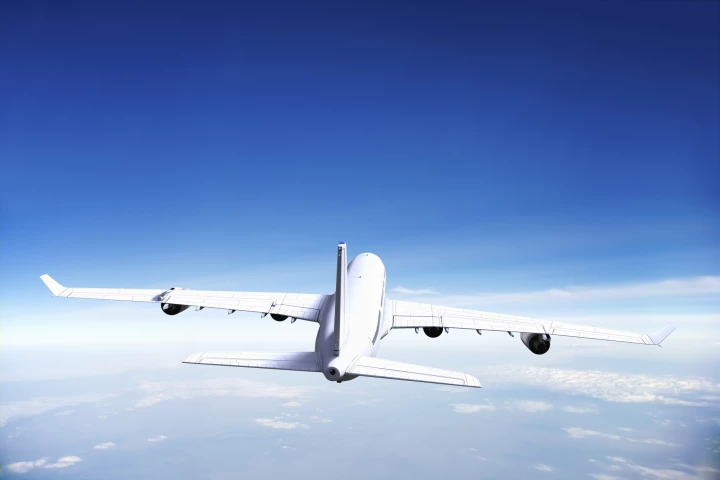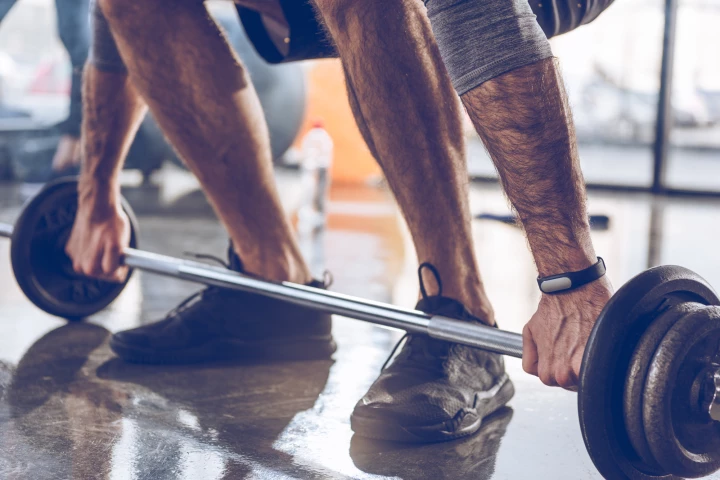newsdesk
-
In a bid to reduce the environmental burden associated with both the manufacturing and disposal of plastics, scientists have demonstrated a new upcycling technique that turns one common form of it into another.
-
Space startup SpinLaunch's kinetic launch system will require payloads to endure 10,000 g and speeds of 5,000 mph (8,000 km/h) and in this regard, the company may have just passed its biggest test yet.
-
Last year, engineers at Purdue University used their expertise in materials science to produce the world’s whitest paint, and have now made some tweaks to the recipe and produced a version that is thinner and lighter.
-
A newly developed, highly sensitive biosensor likened to a “deep surveillance” system has hinted at more accurate ways to diagnose brain cancer, with an ability to detect and pinpoint the location of tumors from less than a drop of blood.
-
The progression of Parkinson’s is characterized by a deterioration in motor control, and through a new study MIT researchers have explored how this might be monitored via a person’s walking patterns at home.
-
iRobot has rolled out its first entry in the world of vacuum and mopping combination robots with what it says is the most advanced system of its type, featuring a retractable mop head that swings up and out of the way.
-
A machine named Cassie has set a Guinness World Record for the 100-meter dash by a bipedal robot, and while it’s far from the blistering pace of the world’s best athletes, it is an impressive demonstration of robotics and engineering.
-
Dozens of Earth-based telescopes were trained on the Dimorphos asteroid as it was struck by NASA’s DART spacecraft yesterday, but scientists also had some eyes in the sky – a CubeSat satellite deployed specifically to photograph the event.
-
A new study has shed light on the links between muscle-strengthening activities and risk of death, and found that as little as 30-60 minutes of this activity per week could have a significant impact on our longevity.
-
Celebrating the stranger side of science – focusing on those discoveries that can make you laugh and then make you think – the 2022 the Ig Nobel Prizes serve as a good-natured counterpoint to the stuffy and impenetrable Nobel Prizes.
-
An ecologist from Utah State University is warning one of the world’s largest living things, a colony of genetically identical trees sharing a single root system, is in danger of breaking up into distinct parts, for the first time in its long history.
-
A fascinating trial has reported virtual reality immersion can reduce the amount of sedatives needed during certain types of hand surgery. The trial found patients using VR could get through an entire surgical procedure with only local anesthetic.
Load More











